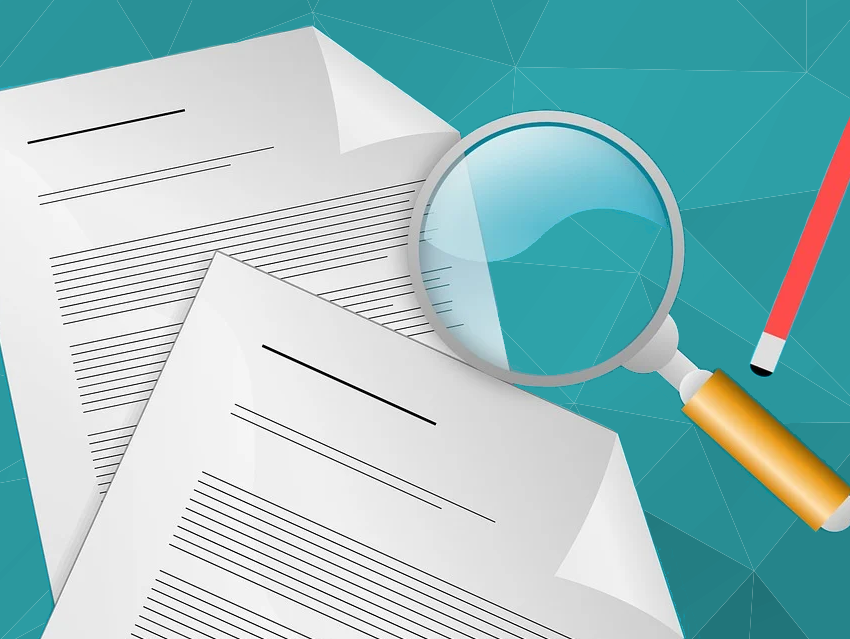Frank Müller, Saarland University, Saarbrücken, Germany, randomly searches for falsified data in scientific journals from physics, materials sciences, and chemistry and helps to detect such falsifications. Frauke Zbikowski, Nachrichten aus der Chemie, spoke with him about what drives fraud, what might advance science, and why scientists are not better than other people.
Starting at the beginning of 2020, the German Research Foundation (DFG, Deutsche Forschungsgemeinschaft) funds the project “Summa cum fraude – Wissenschaftliches Fehlverhalten und der Versuch einer Gegenoffensive” (Scientific Misconduct and the Attempt of a Counteroffensive) at Saarland University for three years. Frank Müller explains that in the project, he and colleagues are only looking for cases where falsification is visible to the naked eye. He divides his findings into several levels:
- Simple manipulations.
- The same data have been used, but are slightly reworked. For example, they are only shifted along the X-axis or rescaled along the Y-axis. The background noise is unchanged.
- Some points have been slightly changed; a peak gets a shoulder, or a double peak is created, but the background noise is still the same.
- Patchwork data, arbitrarily assembled from different sequences as if from a set of building blocks, resulting in a multitude of supposedly different data. In microscopic images, for example, the same particle is found with all possible shades in several places, sometimes even rotated.
The fact that reviewers often do not notice this is due to the abundance of publications, says Frank Müller. Publishing has become a mass phenomenon. He thinks the review system itself is good. “You can review carefully if you get three or four requests a year and not thirty or forty.”
It would help here if researchers were only allowed to publish one article per year. Another idea is a national or international database. Fraud cases in science would be stored there over a certain period. If a researcher has entries there, he or she would not receive public funding.
Moreover, Müller hopes word will get out that fraud is caught and the retracted papers will stick with the researchers in question for their entire careers. “Fraud may catch your eye at the worst possible moment. Many don’t realize that a paper doesn’t just go through the peer-review process. A paper, once it’s published, is peer-reviewed every day, namely by readers.”
- „Ein gewisser Jagdinstinkt“ (in German),
Frauke Zbikowski, Frank Müller,
Nachr. Chem. 2021, 69, 8–11.
https://doi.org/10.1002/nadc.20214109434




